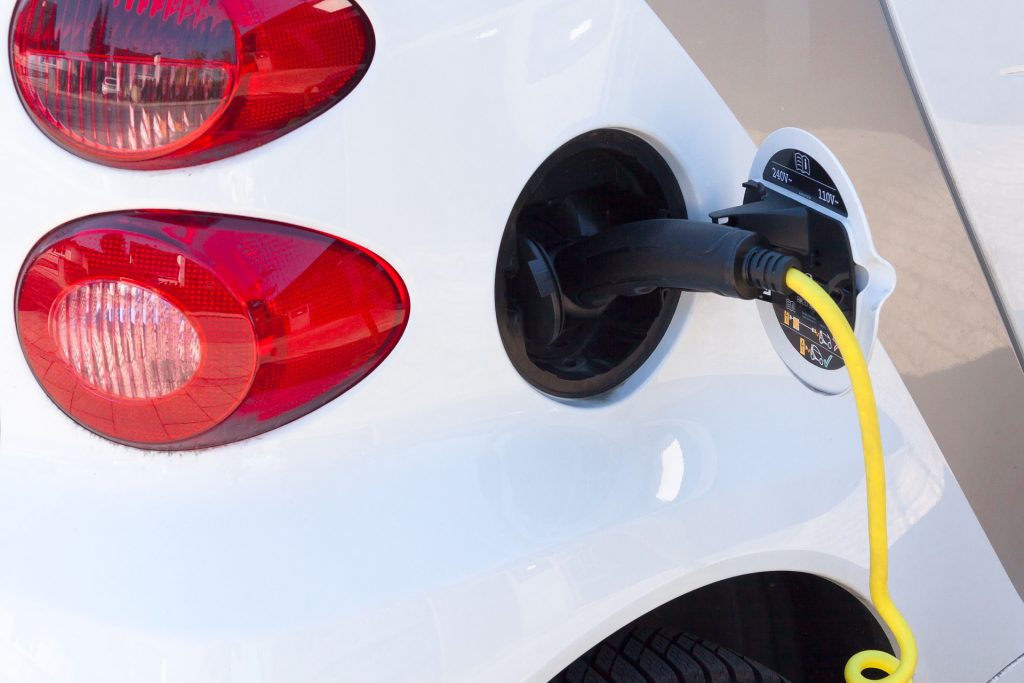Like it or not, it really looks like the internal combustion engine’s days are numbered. The UK is set to ban petrol and diesel car sales by 2040. And it looks like individual cities may take action sooner than that. As things stand, the only viable successor is the electric vehicle (EV).
But before EVs really hit the mass market, there are some hefty technological problems to overcome. We all know about the issues with the range of EVs, which has sparked a worldwide, multi-billion dollar race to construct lighter, higher capacity batteries. What fewer people are aware of is the challenge EVs pose to tyre manufacturers. In research labs across the globe, the world’s biggest tyre companies are working to crack the electric car problem.
The grip challenge for EV tyres
All vehicle tyres are a compromise. A tyre for a typical family car represents a finely-judged balancing act, because its design has to satisfy competing needs. Take grip, for example. Tyres need to have sufficient grip to let the car accelerate, brake and change direction. We know that too little grip leads to terrible handling, especially in the wet, and can have potentially catastrophic results. However, increasing the tyre’s grippiness (is that a word?) also increases its ‘rolling resistance’. This puts additional strain on the engine and reduces the car’s fuel economy.
These design compromises are the same regardless of how the car is powered. However, it turns out that EVs have properties that make the grip compromise even more difficult to achieve.
The problem is that EVs produce bucketloads of torque compared to their fossil-fuel equivalents. What’s more, it’s instant: there’s no turbo or supercharger that has to laboriously spin up. This instant torque gives more powerful EVs supercar-destroying acceleration.
Without grippy tyres, that torque would leave the EV literally spinning its wheels and going nowhere.
But remember that grip increases rolling resistance — and that reduces the EV’s range. Bearing in mind that range anxiety is the number one concern in adopting EVs, you can see the dilemma facing tyre manufacturers.
More EV tyre compromises
There’s another compromise related to the above: lowering the rolling resistance increases an EV’s range, but reduces ride comfort. Stiff, inflexible tyres will give great fuel economy — or greater range in an EV — because tyre flexing requires energy, which ultimately is derived from the engine. Less flexing means more energy is available expended on keeping the tyre moving forwards.
Sounds good? Unfortunately, inflexible tyres also give bone-shaking rides as they don’t absorb any of the imperfections in the road surface. Once again, the EVs’ need for optimal range presents the tyre scientists with a headache.
Finally, there’s the issue of tyre noise. One of the first things anyone notices about an electric car is how eerily quiet they are. Yet taking the engine noise away only amplifies how noticeable other noises are. That’s especially true of tyre noise.
Taken altogether, EVs demand tyres that are ultra-durable, grippy but not too grippy, stiff and yet delivering ride comfort, quiet and able to maximise range. And we didn’t even mention the added weight from all those batteries.
An impossible task?
All this may sound impossible, but already there’s been considerable progress. The key will be developing and then road-testing super-compounds that can deliver on all fronts. The major manufacturers are investing heavily in the new technology: Michelin have been working closely with Tesla. And a few weeks back, Goodyear unveiled a new EV-specific tyre at the Geneva Motor Show.
Without being cynical, when there’s billions to be made, it’s amazing how fast the impossible can be achieved!
The BK Tyres blog carries news, views and information on tyres and related subjects. BK Tyres supplies and fits tyres throughout South Oxfordshire, including the communities of Abingdon, Didcot and Henley on Thames. As an independent, family run mobile provider, we provide exceptional levels of service and affordable prices. Contact us today.
